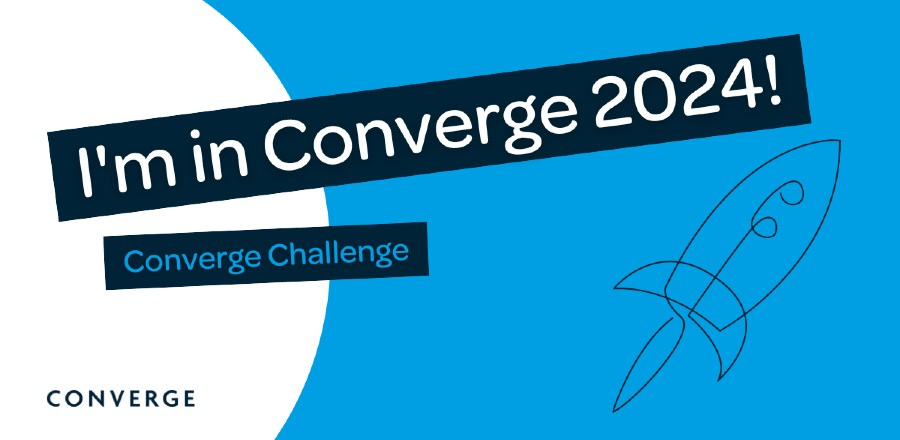Innovative SHLS project shortlisted for the Converge Challenge

A health start-up project developed in the School of Health and Life Sciences (SHLS) have been shortlisted in the Converge Challenge Competition, Scotland’s springboard for university-born innovators.
Glasgow Caledonian University’s Health CASCADE team, which is a Marie Skłodowska Curie Innovative Training Networks project funded by the European Union and led by Professor Sebastien Chastin, is through to the semi-finals in the KickStart category with the MosalQ project.
The team is among 100 semi-finalists with the most advanced projects from 18 Scottish universities to be invited to attend in-depth business training invited to pitch their ideas live to an invited audience of investors, entrepreneurs and business leaders next month in Edinburgh.
The aim of Health CASCADE is to foster the next generation of highly-trained research leaders to develop evidence based guiding principles, novel tools and new technologies to make co-creation an effective tool to fight complex public health problems through a European Joint Doctoral Programme.
The Health CASCADE’s MosalQ project is a pioneering cascade training and consultancy agency, specialising in harnessing collective-intelligence for co-creation solutions to complex challenges. It facilitates training and projects for communities, companies, and social innovators, empowering them to collaboratively address pressing issues.
Professor Chastin explained: “Our approach combines diverse perspectives, new data sources, and digital technologies, fostering common goals and bespoke solutions to crises like climate change and public health.
“Built on years of research, our co-creation methodology and tools set global standards in trustworthy, effective collective intelligence. MosaIQ is dedicated to strengthening trust and collaboration, blending human insight and AI to exceed the capabilities of either alone.”
Professor Chastin, who co-leads the SHLS Research Centre for Health (ReaCH) Data Science for the Common Good Research Group, and PhD students Danielle Agnello and Quentin Loisel will be involved in the intense Converge training and pitching period.
He added: “We are one of the few proposals selected in this very competitive scheme to turn our research on evidence-based co-creation methodology into a start-up company providing AI enhanced co-creation services and consultancy. We are undergoing training to develop a business model and a pitch. In June a selection panel of investors will review the 50 selected pitches and elect one start-up.
“For us, this is testament of the power of the methodological advances our project brought forward and we have had increasing demands globally for our methods and tools so we now need to find a way to scale our response and impact. The Converge Challenge recognised this and we are fortunate to be supported to develop a start-up that will make AI power co-creation accessible to all.”
The winners will be announced at the Converge Awards Dinner on October 3 in Edinburgh.
